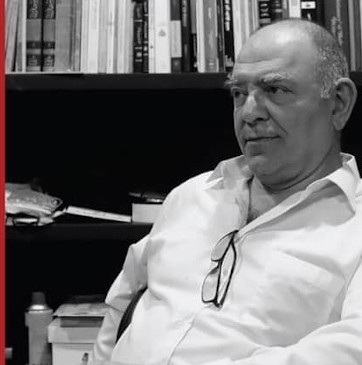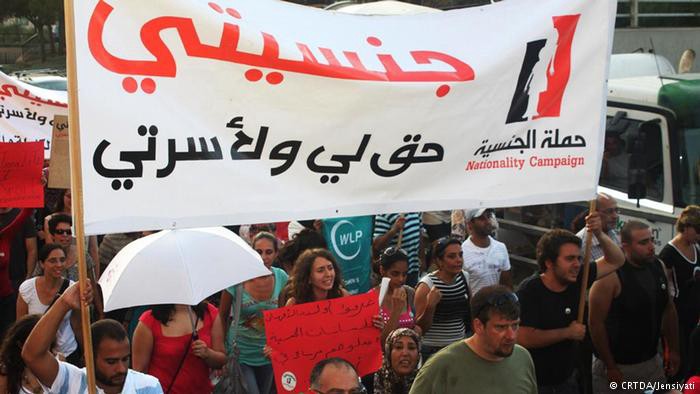
Lokman Slim
Lokman Slim was a Lebanese human rights defender who worked on documenting war crimes in Lebanon and Syria and on archiving material needed for the upholding of the Lebanese people’s right to memory, truth, justice and redress. On 4 February 2021, the Lebanese police found human rights defender Lokman Slim shot dead inside his car in Nabatieh, southern Lebanon Lokman Slim co-directed two films, one on the Sabra and Shatila Massacre and another on torture in Syrian prisons, with his wife, the film maker and activist Monika Borgman. The human rights defender established the UMAM Documentation and Research Center in his family home. Since 2005, the centre has been collecting information and establishing a database for all those killed or disappeared during the fifteen-year Lebanese civil war, and is placed among the major documentation and knowledge resource institutions in Lebanon. Lokman Slim conducted valuable research on missing persons, the forcibly disappeared and refugees, and on the politicisation and undermining of judicial performance in the major crimes that took place in Lebanon in the past three decades.
Lokman Slim was also a defender of Syrian refugees’ rights in Lebanon, notably through a project designed to historically contextualise the arrival of Syrian refugees in Lebanon in relation to earlier Syrian migration, and to show how they have shaped present day Lebanon via documentation, op eds, workshops and artistic exhibitions. Lokman Slim conducted his human rights work with a strong element of political analysis and a willingness to call out the political reasons for human rights violations. Lokman Slim promoted citizen involvement in the political process and criticised the sectarian system of the country.


